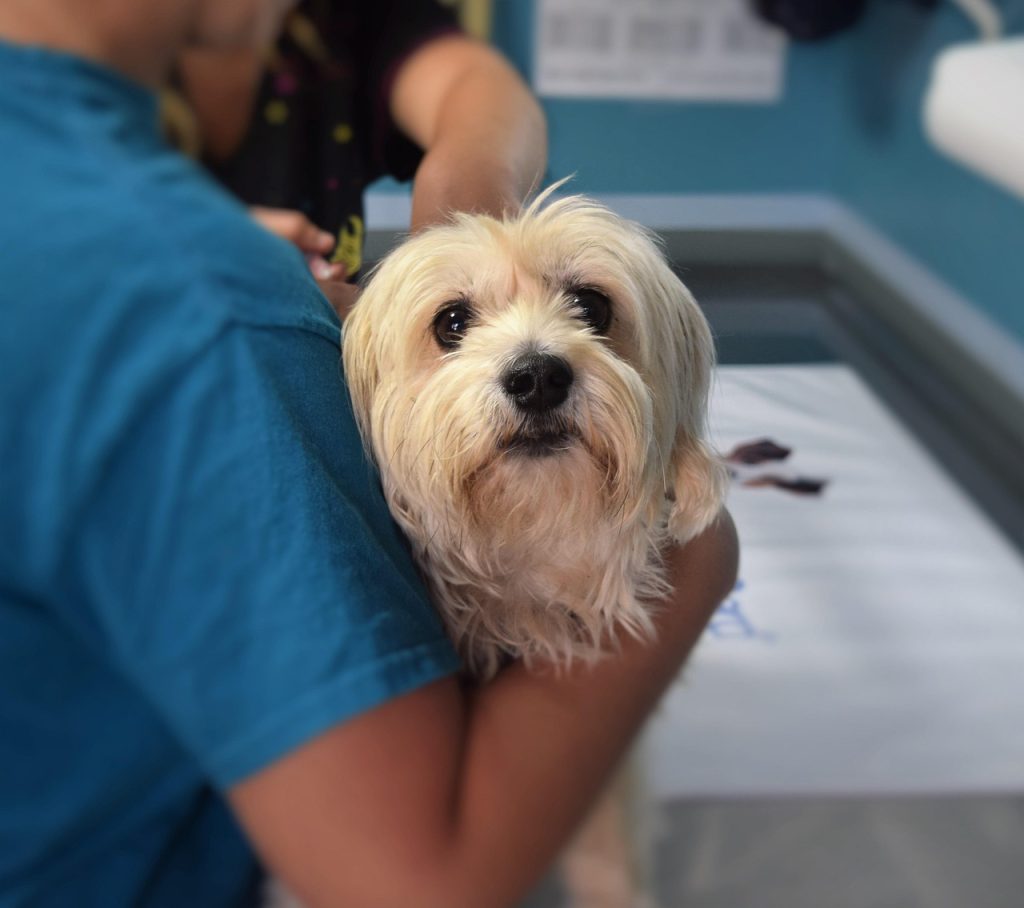
To schedule an appointment, please fill out the appropriate request form and our staff will be in contact with you for further information.
A $50 Surgery Deposit is now required to schedule.
All Spay/Neuters Include Pain Medications & E-Collar to prevent licking.
**Additional charges may apply at Doctor’s Discretion
*Bloodwork & IV Cath are required for
patients over 7 years old and/or 70 pounds. $85-250 (call to discuss)
*Bloodwork needs to be completed within 4 weeks of surgery date.
For more information on our low-fee clinic and all current pricing information, please contact the shelter at 805-688-8224 or e-mail us at info@syvhumane.org.
**Prices are subject to change without notice**